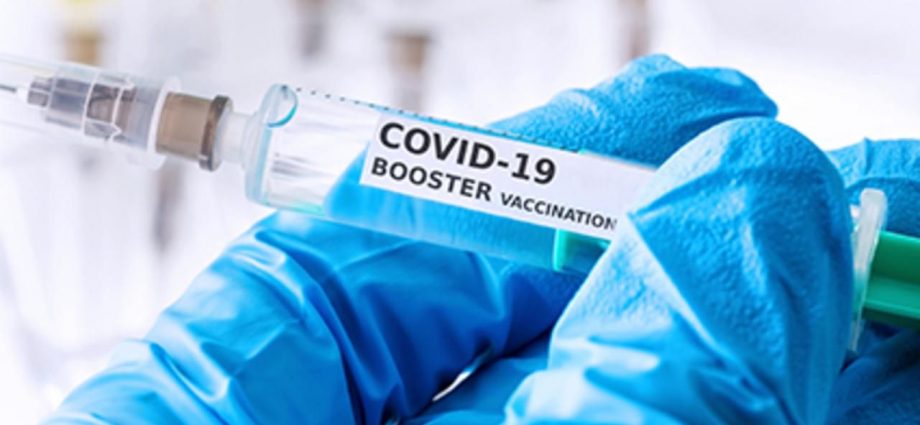THURSDAY, Jan. 26, 2023 (HealthDay News) — In a finding that suggests the updated bivalent COVID booster shots are worth getting, new government data shows they cut the chances of infection with the new XBB variant by nearly half.
While those ages 49 and under saw a 48% reduction in risk, the shots were slightly less effective in older individuals — about 40% in adults ages 50 to 64 and 43% in those 65 and up. Effectiveness was seen for both the Pfizer and Moderna boosters, the study from the U.S. Centers for Disease Control and Prevention found.
While the boosters were modified last summer to target the Omicron subvariants BA.4 and BA.5, the latest research reveals they’re also working against XBB, which is now responsible for about half of new cases in the United States.
This is “quite reassuring,” Dr. Brendan Jackson, head of the CDC’s COVID response, said during a media briefing Wednesday, NBC News reported. “These updated vaccines are protecting people against the latest COVID-19 variants.”
To determine the latest boosters’ effectiveness, the CDC researchers studied test results for more than 29,000 adults who tested with COVID symptoms at pharmacies between Dec. 1 and Jan. 13, comparing those with boosters to those without the added shots.
Not many Americans have availed themselves of this extra protection: The CDC reports that only 15% of Americans have received updated boosters.
“With this data, we see there is a benefit that might convince some people to sign up and get a bivalent booster,” Dr. Peter Hotez, co-director of the Center for Vaccine Development at Texas Children’s Hospital, told NBC News.
The success of these boosters in protecting people is similar to that of annual flu shots, which typically reduce risk by 40% to 60%, according to the CDC.
Still, the government data may not paint the full picture. It doesn’t include asymptomatic people, and it doesn’t include those who may have been hospitalized instead of being tested at pharmacy, NBC News reported.
Those who got boosters may also be protecting themselves in other ways, such as wearing masks indoors or limiting travel, Dr. Greg Poland, director of the Mayo Clinic Vaccine Research Group, told NBC News.
Hotez said he would like to see data on booster performance after five or six months and information on effectiveness against hospitalization.
But soon-to-be-released CDC data shows the updated boosters reduced the risk of death from COVID by nearly thirteen-fold when compared to no vaccination, Jackson said Wednesday, and death rates for those who were boosted were twofold lower than those who died from COVID after being vaccinated but not boosted.
On Thursday, the U.S. Food and Drug Administration’s vaccine advisory committee will meet to weigh an agency proposal to turn the bivalent COVID boosters into an annual shot, much like what is done with flu vaccines.
More information
Vaccines.gov has more on locating COVID-19 vaccines.
SOURCE: Morbidity and Mortality Weekly Report, Jan. 25, 2023; NBC News
Copyright © 2026 HealthDay. All rights reserved.

